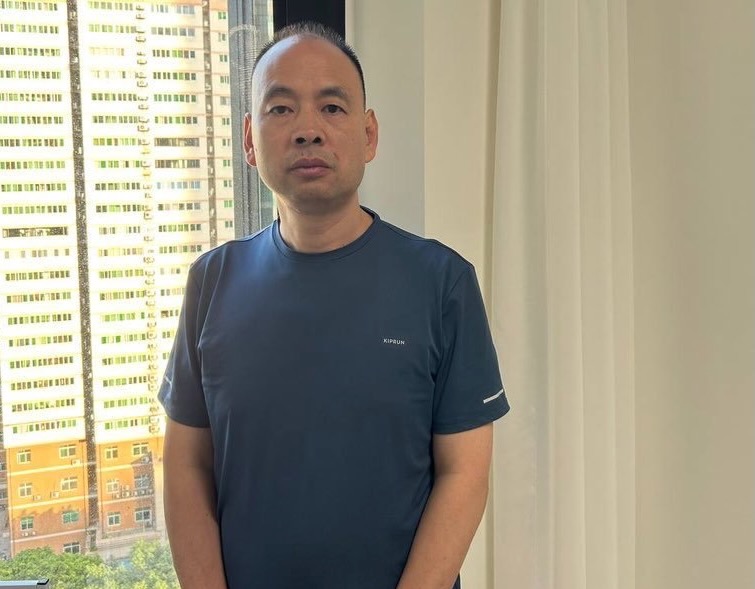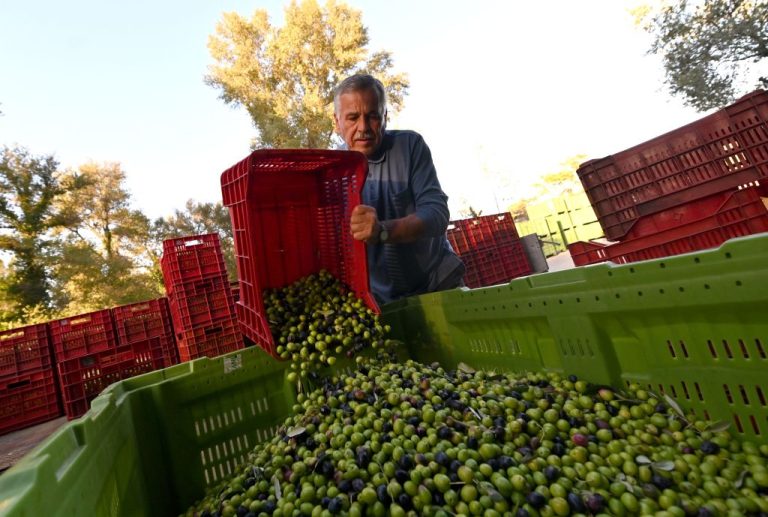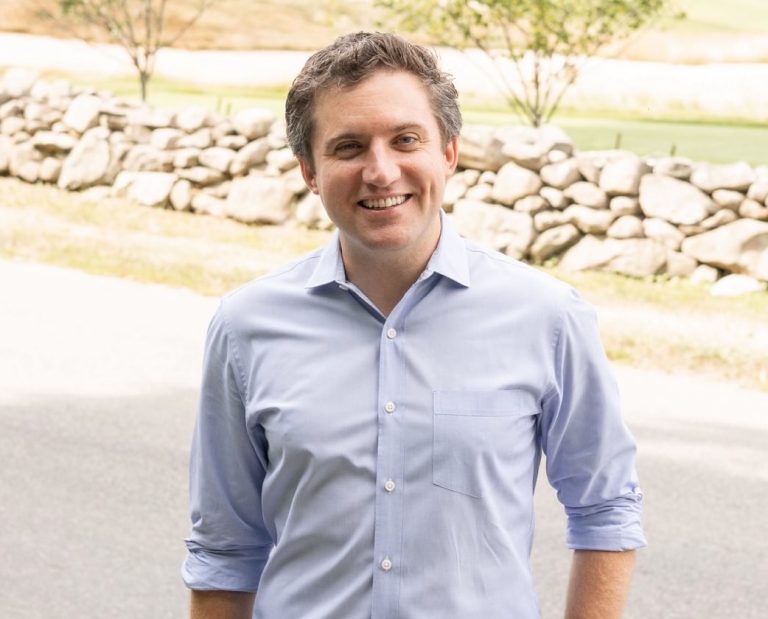Human rights lawyer Lu Siwei — known for defending activists and dissidents in politically sensitive cases — has been arrested in China. After being detained by Laotian authorities and extradited to the mainland under contentious circumstances in July 2023, Lu now once again finds himself in the crosshairs of Chinese law enforcement.
The case has drawn international attention, with activists and human rights organizations like Amnesty International condemning his detention as part of the Chinese Communist Party’s (CCP) broader crackdown on human rights’ defenders.
A thorn on the CCP’s side
Lu rose to prominence after he defended 12 Hong Kong pro-democracy activists who were intercepted by Chinese coast guards while attempting to flee to Taiwan in 2020. For this, Lu was stripped of his legal license by Chinese authorities in 2021 as he joined a growing list of lawyers targeted for their involvement in sensitive political cases. His disbarment was widely criticized as an example of China silencing legal professionals who challenge the government’s narrative.
In 2023, after months of surveillance and repeated police interrogations, Lu was arrested in Laos as he attempted to leave the country. He had been hoping to seek refuge abroad, given the intensifying repression against human rights lawyers in China.
His wife, Zhang Chunxiao, shared her distress on social media, revealing that Lu managed to send her a final message before his arrest. “They are knocking at the door. This is likely my arrest,” she said in a post on WeChat (a popular blogging and payment app in China).
Success
You are now signed up for our newsletter
Success
Check your email to complete sign up
Extradition and charges
Lu’s arrest in Laos and subsequent extradition to China has raised eyebrows among human rights organizations and international observers. Amnesty International denounced his forced return to China, accusing Beijing of leveraging its influence to silence dissidents even beyond its borders. Chinese authorities, however, allege that Lu had “illegally crossed” the border in a charge that has often been used to target activists attempting to flee persecution.
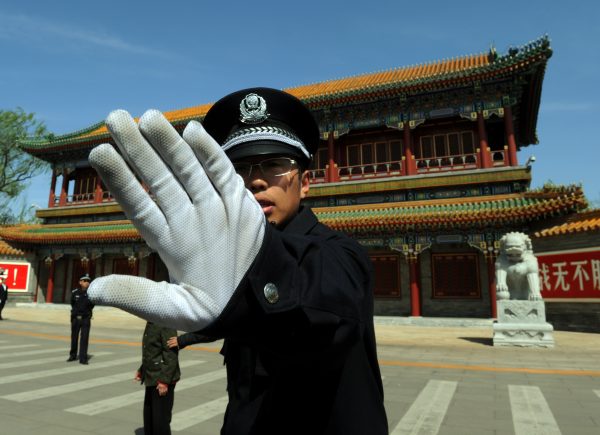
According to Chinese law, the first instance of illegal border crossing is generally treated as a minor offense and often results in administrative penalties rather than criminal prosecution. However, in Lu’s case, the government decided to escalate the charges — a move that many believe is linked to his high-profile legal work defending human rights and marginalized groups in China.
“Lu’s case is not about border laws. It’s a message from the authorities: if you challenge us, you will pay the price,” fellow lawyer and activist Wei Shuiping said in regards to Lu’s arrest.
Tightening grip
Lu’s detention is part of a broader, systematic crackdown on lawyers in China, particularly those involved in human rights cases. This crackdown, which gained momentum after the 2015 “709 Crackdown” that saw the mass detention of over 300 lawyers and activists, aims to weaken the legal defense system for dissidents. Lu himself was briefly detained during that period, making him a longstanding target of state repression.
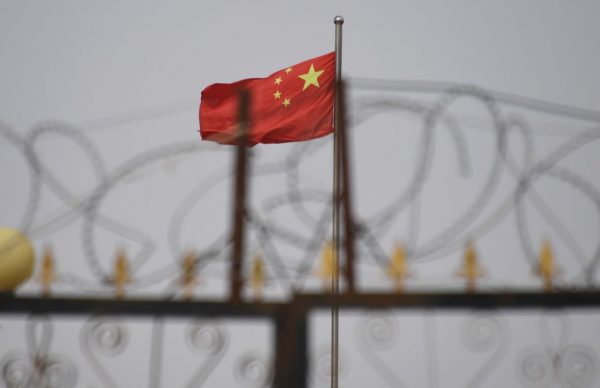
In recent years, many human rights lawyers have also faced surveillance, harassment, disbarment, and even torture. Legal professionals such as Wang Quanzhang and Li Yuhan have endured similar fates for defending those critical of the government. These actions reflect the CCP’s increasing intolerance toward any form of legal resistance against its policies.
RELATED: Disappeared: The Faces of Human Rights Activists Silenced by Communist China
By targeting lawyers like Lu, the government seeks to deter others from offering legal aid to those who dissent. It also hopes to instill fear among legal professionals and activists by showing that defending politically sensitive cases can result in severe consequences, or even death.
International outcry
Lu’s arrest and extradition have triggered an international outcry, with organizations like Amnesty International and Human Rights Watch calling for his immediate release. Amnesty’s report on Lu criticized the opaque nature of his arrest, citing it as another example of China’s disregard for due process.
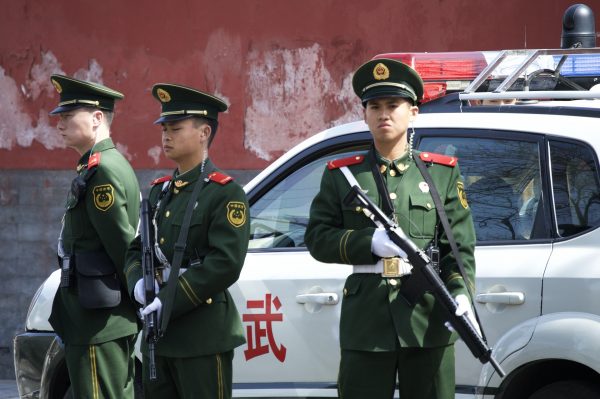
The report also emphasized that Lu’s detention is part of a broader pattern of silencing voices of dissent, not just within China’s borders but in countries where Chinese influence is growing. “Lu Siwei’s case is emblematic of the Chinese government’s aggressive stance against human rights defenders,” the report read.
RELATED: China Arrests Human Rights Lawyer Xie Yang, Charges Him With Subversion
Despite his repeated targeting by Chinese authorities, Lu remains committed to advocating for human rights. His wife, Zhang Chunxiao, has been vocal in sharing updates about his condition, though communication has been sparse since his extradition. Zhang has also appealed to the international community for help, underscoring the personal toll the case has taken on their family.
Despite the risks, Lu has remained committed to defending the rights of those who cannot speak for themselves. Before his latest arrest, he expressed concern over the shrinking space for legal defense in China by stating that “the rule of law is being eroded by fear.”
With his fate now hanging in the balance, Lu’s story serves as both a call for justice and a warning about the precarious state of legal activism in China. “The world cannot stay silent while human rights defenders like Lu Siwei are punished for their bravery,” said Amnesty International.



